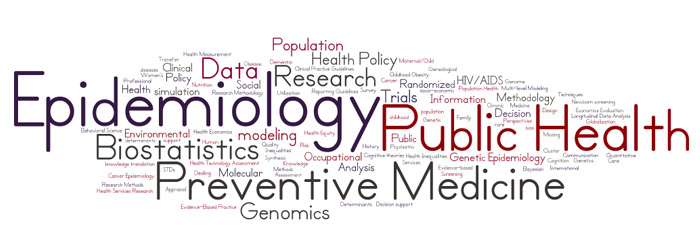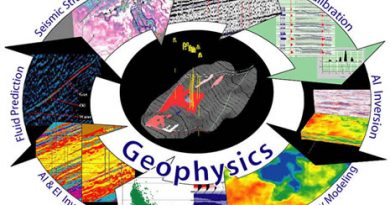Course of the Week;MSc. Epidemiology
Epidemiology is the study and analysis of the distribution (who, when, and where) and determinants of health and disease conditions in defined populations. It is the cornerstone of public health, and shapes policy decisions and evidence-based practice by identifying risk factors for disease and targets for preventive healthcare. Epidemiologists help with study design, collection, and statistical analysis of data, amend interpretation and dissemination of results (including peer review and occasional systematic review). Epidemiology has helped develop methodology used in clinical research, public health studies, and, to a lesser extent, basic research in the biological sciences.
The MSc. Epidemiology programme is offered at the School of Public Health, in the College of Health Sciences. It prepares students to design and conduct population health studies and apply research findings to improve human health. Students learn the principles, methods, strengths and limitations of epidemiologic study designs; collaborate on applied population health research; interpret epidemiologic findings, effectively communicate research findings to lay and professional audiences, and apply the findings to the development of evidence-based interventions to improve population health. They also gain an awareness and basic understanding of advanced statistical methods and learn to apply core and intermediate level statistical methods to public health endeavors, such as data management, statistical analysis, interpretation, and presentation of analytical results using computing technology.
The course provides a multi-disciplinary, problem-oriented and student-oriented training and research that deals with research methodology, Epidemiological methods, Molecular epidemiology, Biostatistics and Demography, quantitative epidemiology, application of epidemiological methods and epidemiology of infectious diseases.
Admission Requirements
A holder of a first degree in the following fields: Medicine (MBCHB), Nursing (BSc. N), Pharmacy (B. Pharm), Dentistry (BDS), Bachelor of Veterinary Medicine (BVM), Bsc. Public Health, Medical Laboratory Sciences from JKUAT or any other institution recognized by JKUAT Senate.
OR
A holder of at least an Upper Second Class Honours degree in B.Sc. Environmental Health, Medical Microbiology, Biochemistry, Bsc Public Health, Medical Laboratory Sciences or Biological Sciences, from JKUAT or any other Institution recognized by JKUAT Senate.
OR
University degree with Lower Second Class Honors in the respective discipline plus acceptable evidence of research ability or academic work recognized by JKUAT Senate.
Year 1
INSTITUTE CORE UNITS
- TID 3100 RESEARCH METHODOLOGY
- TID 3101 COMPUTER APPLICATIONS IN HEALTH RESEARCH
- TID 3102 EPIDEMIOLOGY
- TID 3103 BIOSTATISTICS
DEPARTMENTAL CORE UNITS
- TPH 3110 EPIDEMIOLOGICAL METHODS II
- TPH 3111 EPIDEMIOLOGICAL METHODS III
- TPH 3112 QUANTITATIVE EPIDEMIOLOGY
- TPH 3113 APPLICATION OF EPIDEMIOLOGICAL METHODS
ELECTIVE UNITS
STUDENTS WILL CHOOSE ANY THREE UNITS FROM THIS GROUP
- TPH 3107 HEALTH CARE AND HEALTH RESEARCH PROGRAMMES
- TPH 3108 MOLECULAR EPIDEMIOLOGY
- TPH 3109 HEALTH SYSTEMS RESEARCH
- TPH 3110 EPIDEMIOLOGY OF INFECTIOUS DISEASE
Compiled by Eva Maguti




